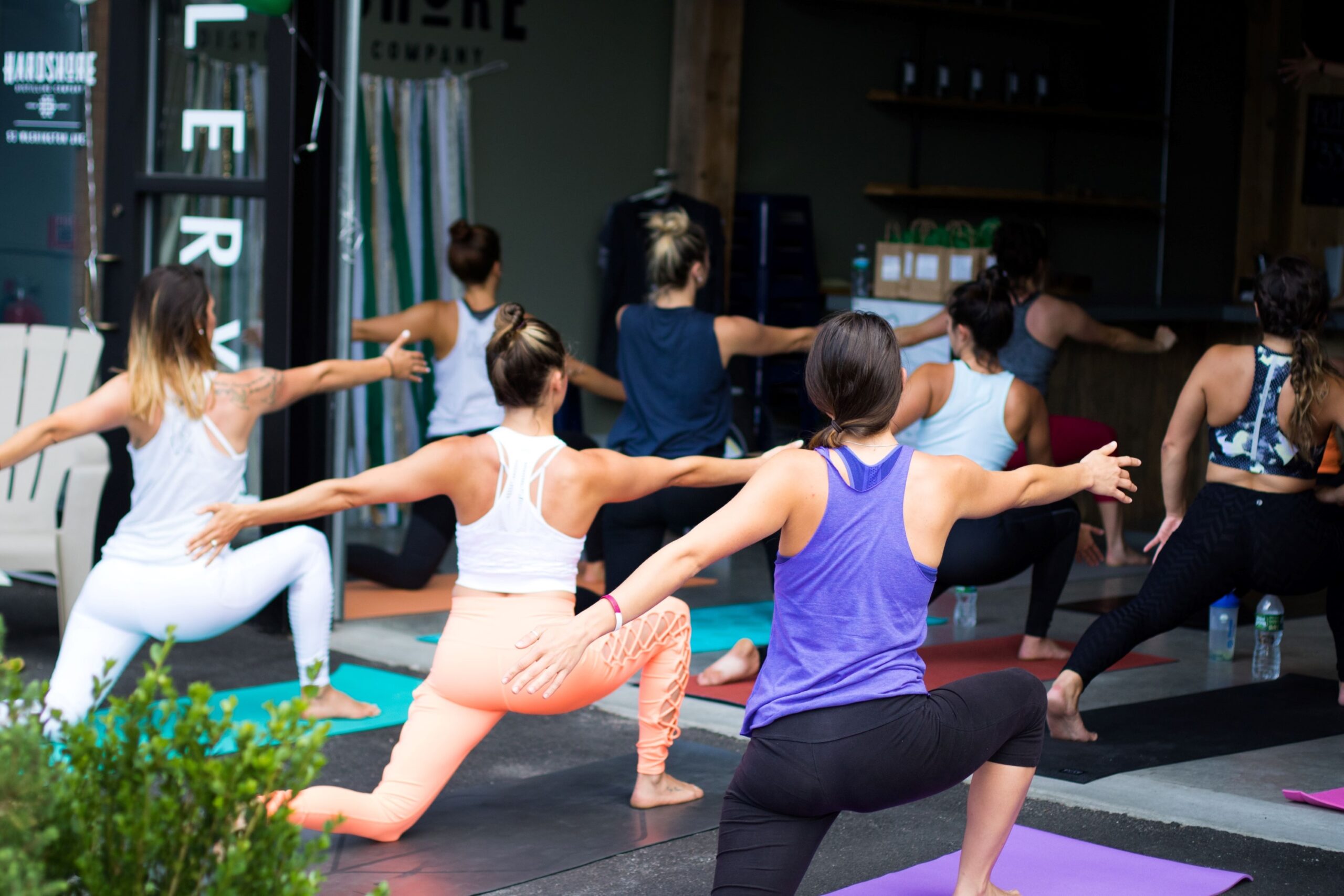1. Before going to bed, avoid….
Stimulants and Sleep Inhibitors
| Caffeine | A stimulant found in coffee, tea, chocolate, soft drinks and certain drugs. 3 hours after consumption, only half is eliminated from the blood stream. |
| Nicotine | This stimulant raises your heart rate and blood pressure. Smoking can cause disruptions at night. |
| Alcohol | A relaxant that can disrupt sleep. The depressive effect only reduces 2-4 hours after consumption. |
| Aerobic exercise | Avoid this stimulant 2 hours before bed. But note that regular aerobic exercise can improve sleep. |
| Food | Going to bed on an empty or full stomach can cause sleep disruptions. |
2. Create an environment that favours sleep
Your bedroom is your sanctuary; serene and peaceful; your happy place.
How can your bedroom favour sleep?
| Temperature | Keep it fresh |
| Sound | Keep it quiet and calm |
| Lighting | Keep it dark |
| Stress-free | Leave all things work-related outside this room |
| Comfort | Decorate it with things that relax you, like candles, pillows, dim lamps, etc. |
3. Follow a regular sleep schedule
Going to bed and waking up at the same time every day will help you feel energized and rested – this is how we regulate our sleep cycle, or our circadian rhythm. Modifying your schedule can really affect your energy level.
Strategies
- Go to bed at the same time every day, around when you usually feel tired.
- Wake up at the same time every day. If you sleep enough, you should wake up naturally, without an alarm.
- If necessary, take naps to compensate for lack of sleep. These should not last more than 30-45 minutes, and should be avoided after 3:00 pm.
- Do a lightly stimulating activity after dinner to avoid falling asleep too early (for example, leisure walk, light chores).
4. Create a calming routine before bed
Before bed, wind down by doing calming activities and relaxing. Take advantage of this precious me-time. Create a routine with some of the following activities:
- Read a book or magazine with dim lighting
- Take a bath or shower
- Listen to soft music
- Stretch or do easy yoga poses
- Wind down with a favourite hobby (knitting, painting, etc.)
- Listen to audio books
- Prepare a few things for the following day
5. Eat well and exercise regularly
Eating gives the body an energy boost throughout the day. Eating well can help regulate sleep, whereas consuming certain foods can disrupt it.
Regular exercise can improve sleep. Doing around 30 minutes of daily physical activity like walking, jogging, or biking can favour a deeper snooze.








